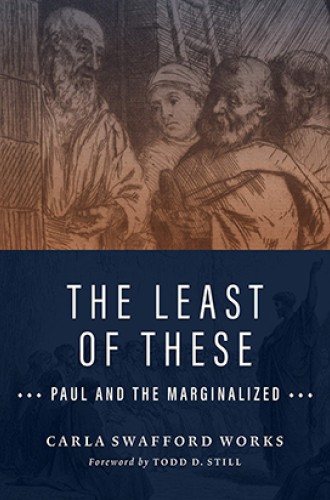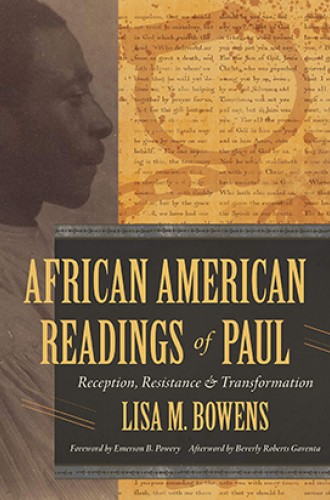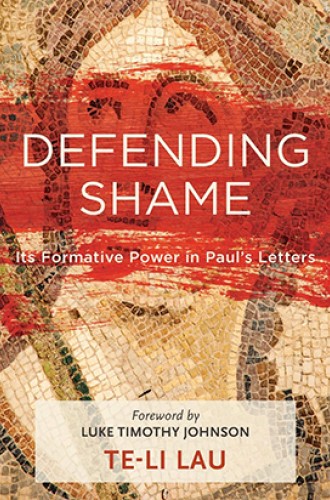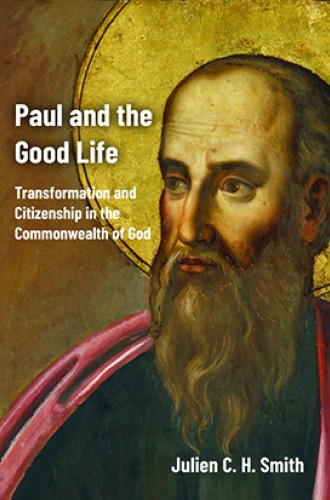The Pauline letters have been mined for use by a variety of movements—some liberating and revolutionary, others oppressive and conventional. Paul’s writings have been employed strategically for insidious ends: to advance Christian supersessionist claims with respect to Judaism, to prevent women from preaching and leading in churches, to justify the sins of white slaveholders. Many interpreters now regard Paul’s theology as too otherworldly, detached from concern about poverty, justice, and human flourishing.
But others suggest that Paul has been unfairly judged by 21st-century expectations and through highly selective readings of his letters. Carla Swafford Works, for example, in The Least of These: Paul and the Marginalized (Eerdmans) shows that Paul’s teachings mirror Jesus’ concern for people who are poor, marginalized, and weak.
Paul’s gospel is cosmic in scope, encompassing the whole world and seeing God at work in all people. His letters, Works argues, are written to interpret what God is doing with real people who have real problems. Paul’s churches and his missionary team were, in fact, filled with women, slaves, and poor people.









